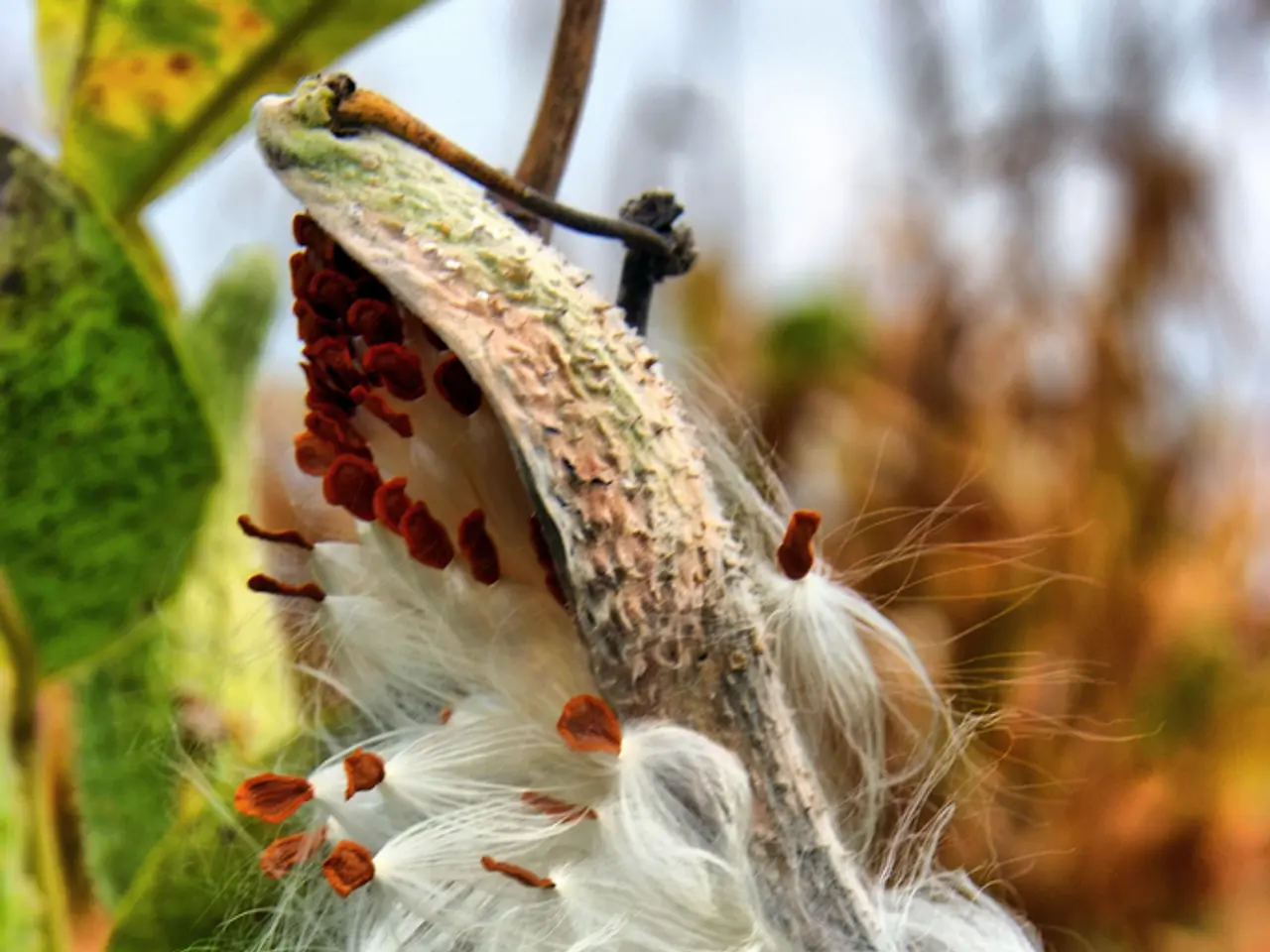Tamil Nadu's Government Advocating for Cotton Revitalization to Enhance Harvests and Diminish Dependence on Imports
Union Agriculture Minister Shivraj Singh Chouhan chaired a meeting in Coimbatore, Tamil Nadu on July 11, 2025, aimed at strengthening cotton farming through modern technology and seed innovation. The meeting, part of the government's broader Viksit Krishi Sankalp Abhiyan, brought together key ministers, scientists, agricultural experts, and farmers from across the country.
The decline in the effectiveness of Bt cotton, a genetically modified (GM) variety, has been a significant issue impacting cotton farming in India. Over time, pests have developed resistance to the Bt toxin, reducing its effectiveness in controlling bollworms and other pests. Additionally, the illegal cultivation of herbicide-tolerant Bt cotton seeds (HT-Bt) has spread in several states, affecting management practices and seed quality.
To address these challenges, the Indian government is emphasising new seed development, including virus-resistant and high-yielding cotton varieties. Efforts to push a "cotton revolution" through modern technology and seed innovation are being advanced at the state and central levels.
Regulatory reforms are also being considered to encourage biotech R&D investments and innovation. Revamping biotech regulations to enable commercialisation of advanced GM crops can help revive cotton productivity and reduce dependency on imports.
The meeting in Coimbatore also focused on controlling illegal HT-Bt seed usage and expanding crop biotechnology beyond Bt cotton. Advancing other GM crops may diversify and strengthen genetic innovation in Indian agriculture, thereby benefiting cotton farming indirectly.
The decline in Bt cotton effectiveness has led to several consequences for Indian cotton farming. Cotton yields have declined, affecting farmer incomes and India's position in global cotton trade. India, once a leading cotton exporter, is increasingly becoming a net importer of cotton, costing the economy about $0.4 billion in 2024–25.
Farmers face rising pest attacks due to reduced Bt effectiveness, leading to increased pesticide use and production costs. The threat to livelihoods and the textile industry, which relies heavily on cotton, is also significant.
In conclusion, the meeting in Coimbatore marked a crucial step towards addressing the challenges faced by cotton farmers in India. Effective solutions lie in streamlining regulations, promoting seed innovation, and controlling unauthorised seed use to restore cotton productivity and safeguard farmers’ incomes.
- To strengthen the government's "Viksit Krishi Sankalp Abhiyan" and the "cotton revolution," the focus of the Coimbatore meeting, which included key ministers, scientists, agricultural experts, and farmers, was also on advancing policy-and-legislation regarding crop biotechnology.
- As part of their efforts to rejuvenate cotton farming, the Indian government is pushing for regulatory reforms to encourage biotech R&D investments and innovation, particularly in seed development (such as virus-resistant and high-yielding cotton varieties) and the commercialisation of advanced GM crops, which may extend beyond Bt cotton.






